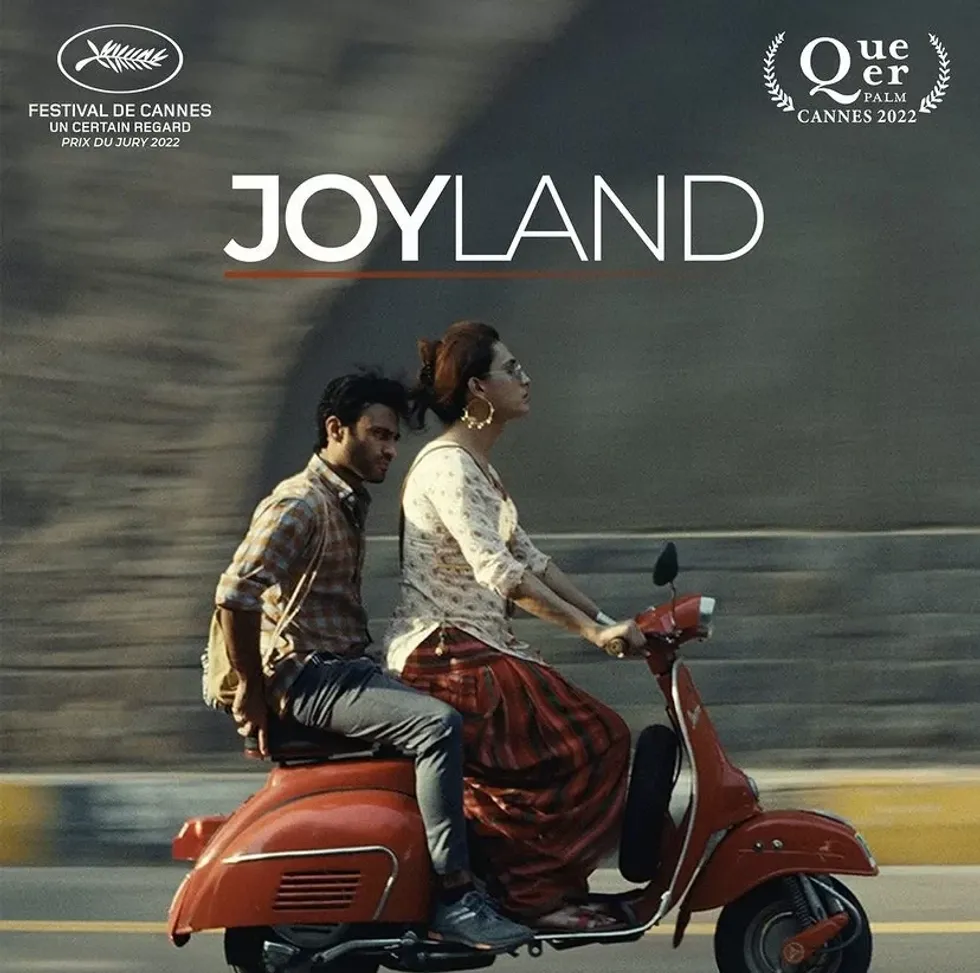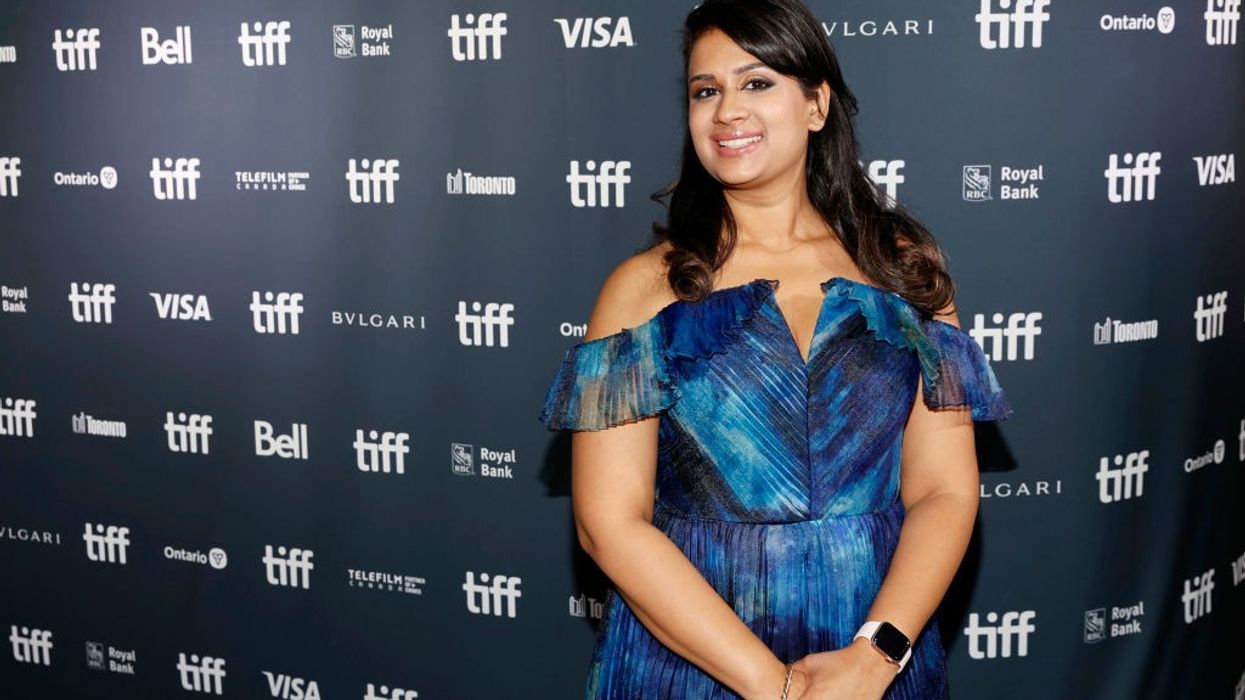LOS ANGELES-based Indian producer Apoorva Charan is thrilled about her critically-acclaimed debut feature film Joyland coming out in the UK this week and is looking forward to its India release next month.
Charan, born in Hyderabad, was drawn to the very simple characters of the film set within a South Asian milieu that had a universal resonance.
For someone with scores of short film credits under her belt, Joyland, which was Pakistan's official entry for the 95th academy awards, propelled her into setting up her production company “all caps” – with a mission to produce refreshing and unique narratives for a global audience.
“The journey has been like building bricks, building one thing on top of the other,” said Charan, ahead of the film’s UK release on Friday (25).
Joyland, directed by Saim Sadiq, has had quite a journey in the international film festival circuit. The feature was selected for the Cannes Film Festival in May last year and went on to win the prestigious Un Certain Regard jury prize.
“Cannes was so wonderful. It was a blind submission, as we literally just sent the film. Of course, we were hoping and dreaming, but when it was selected it gave us a really strong launching platform,” she said.

Joyland made history in more ways than one — not only as the first film by a Pakistani director to win at Cannes, but Aleena Khan as the first transgender actor from Pakistan to play a lead role in a feature film and also walk the film festival red carpet.
Actors Sania Saeed, Ali Junejo, Rasti Faruq, Salman Pirzada and Sohail Samir round out the cast.
“We're a small independently made film, but our team has been our strength. We had 40 people from the team at Cannes and it was quite impossible for anyone to ignore the strength and energy of the film. I think it really made people pay attention and that I think has helped us through the journey,” said Charan.
Over a six-year period of working with writer-director Sadiq since he first shared the concept of the film centred around a traditional Pakistani family, Joyland has also had its fair share of ups and downs. It was banned in Pakistan but then eventually the ban was revoked for it to be released in the country where it is set.
“The good thing was that the Pakistani team did so much work to get the ban lifted within six days. That was historic. I think Joyland is also the first film to have a ban revoked in Pakistan so quickly.
"We are grateful that once people started watching the movie, they realised that there wasn't actually anything that controversial, because we're not talking about religion. It became obvious that this movie is much more harmless than it seemed,” said the producer.
The story is set in Lahore, where the Ranas – a happily patriarchal joint family – yearn for the birth of a baby boy to continue the family line. When their youngest son secretly joins an erotic dance theatre and falls for an ambitious trans starlet, it unleashes a variety of revelations that would have long-lasting impact.
“I think what the characters want is so simple and so easy to relate to. Who doesn't want to find love? Who doesn't want to have a job that helps kind of validate their role in society? These wants and needs are just so universal,” said Charan, who is looking forward to the Indian audiences’ reaction to the film when it is releases in the country on March 10.
Meanwhile, she is already deep into her next project with a first-time feature film director set in Brazil and has plans for her “all caps” production company to keep showcasing underrepresented stories.
“I think my vision as a producer is always going to be to bring fresh narratives with a global perspective that engage and move audiences. I think that's the only goal, to just tell good stories,” added Charan.
Joyland is produced by Charan, Sarmad Sultan Khoosat, and Lauren Mann. Nobel laureate Malala Yousafzai is one of the executive producers.





